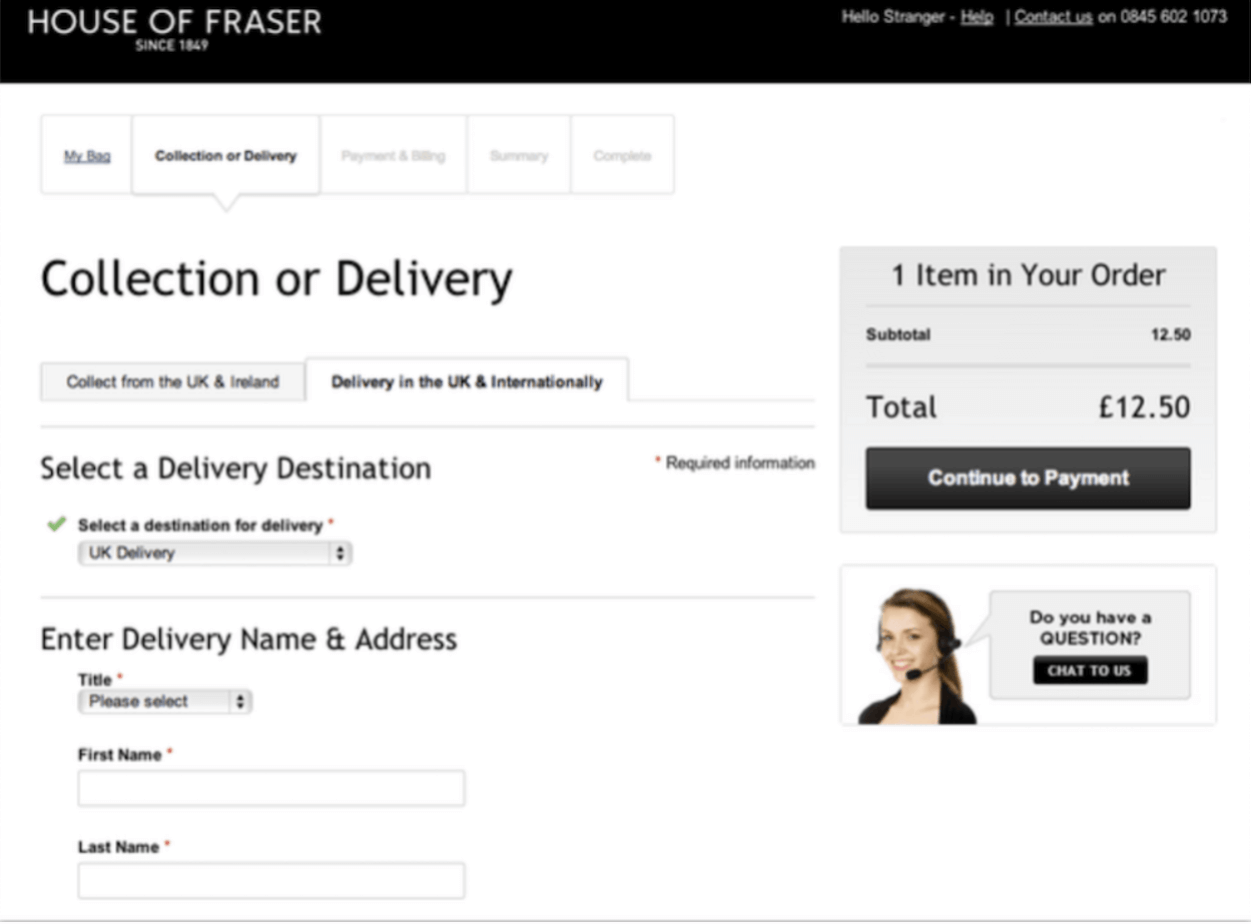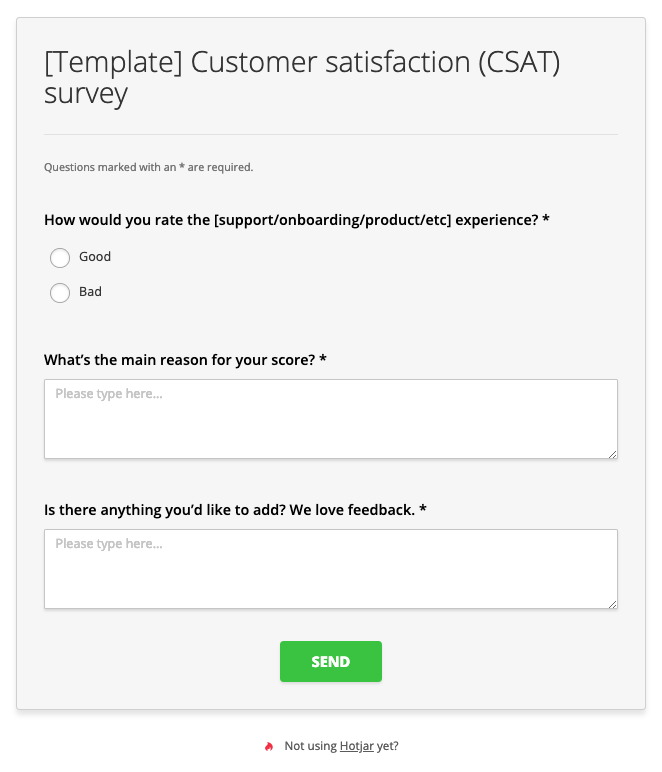A web form, or HTML form, is a page on a website where users enter data or information that’s then sent to a server for processing.
All websites have at least one, and everyone on the internet has used some version of it, whether to subscribe to a newsletter, check out, or answer a survey.
It can be a pop-up, a widget (a widget on a website is defined as a snippet of software that functions independently on-screen), or a separate page altogether.
Creating a web form from scratch can be complex and requires some knowledge of web development.
But with form builder software like POWR, you can design your own with all the functions you need and a look that matches your website—without having to know how to code.
Common Types of Web Forms
Choosing which type of web form to add to your website depends on the purpose you need it to serve: generating leads, managing information, gathering customer insights, etc. Here are some common types to consider.
Contact Form
Contact forms provide users with a channel to reach you. But how do contact forms work exactly?
Customers can use them to ask questions, raise concerns, or manage their orders. They contain fields that require leads to input their name, contact information, and other relevant details. These are then redirected to the business, typically via a customer service team, for processing.
Lead Generation Form
A lead generation form is used to collect contact information from website visitors and convert them into leads. These usually appear as subscription pop-ups or banners, offering users access to additional content, a discount, or updates.
Order Form
Order forms allow users to purchase items on a website. This typically marks the end of the checkout process, where customers enter their contact details, shipping information, and payment method.
They’re very detailed and may include multiple steps (including redirecting customers to secure payment channels) before processing.

Source: HubSpot
Registration Form
A registration form is common to websites that require log-ins. These collect information from website visitors to create an account, usually as a prerequisite for using the business’s services, or to allow users to retain information on the site (e.g., check-out information so you don’t have to fill them out each time on a website you frequently buy from).
Survey Form
Mobile survey forms are used to gather insights about customer experience, helping businesses improve future interactions. They may include long-form responses, multiple-choice, fill-in-the-blank, ranges, and other answer types.

Source: Hotjar
How Do I Create a Web Form?
Website owners no longer need coding skills to create a web form.
With form builder software like POWR, you can easily create one from scratch and embed it into your website.
Here’s what you need to do to create a web form:
Determine the Purpose of Your Web Form
Determine why you need the web form. Only then can you choose which type to add, what questions to ask (or fields to include), what call-to-action to insert, etc.
Knowing the purpose of your web form helps you communicate it clearly to website visitors, reducing the likelihood of abandonment mid-completion.
Design Your Web Form
Consider how your web form will look, both functionally and aesthetically. It must make sense; your customers should be able to understand it and have an easy time completing it. It must also match your website's look and appear thoughtfully put together.
Embed Your Web Form on Your Website
Once you’re happy with what your form contains and how it looks, you can choose where to embed it on your website, either within your site's borders or on a dedicated page.
Next, copy and paste the embed code and paste it onto your site’s source code. Test to see that it works as designed before publishing it live!
Conclusion
Web forms are a great way to boost your business’s lead generation, marketing, and data management efforts. They’re easy to build, especially with form-building software like POWR's, which lets you customize its look and functionality and embed it on your site—all without prior coding knowledge.


